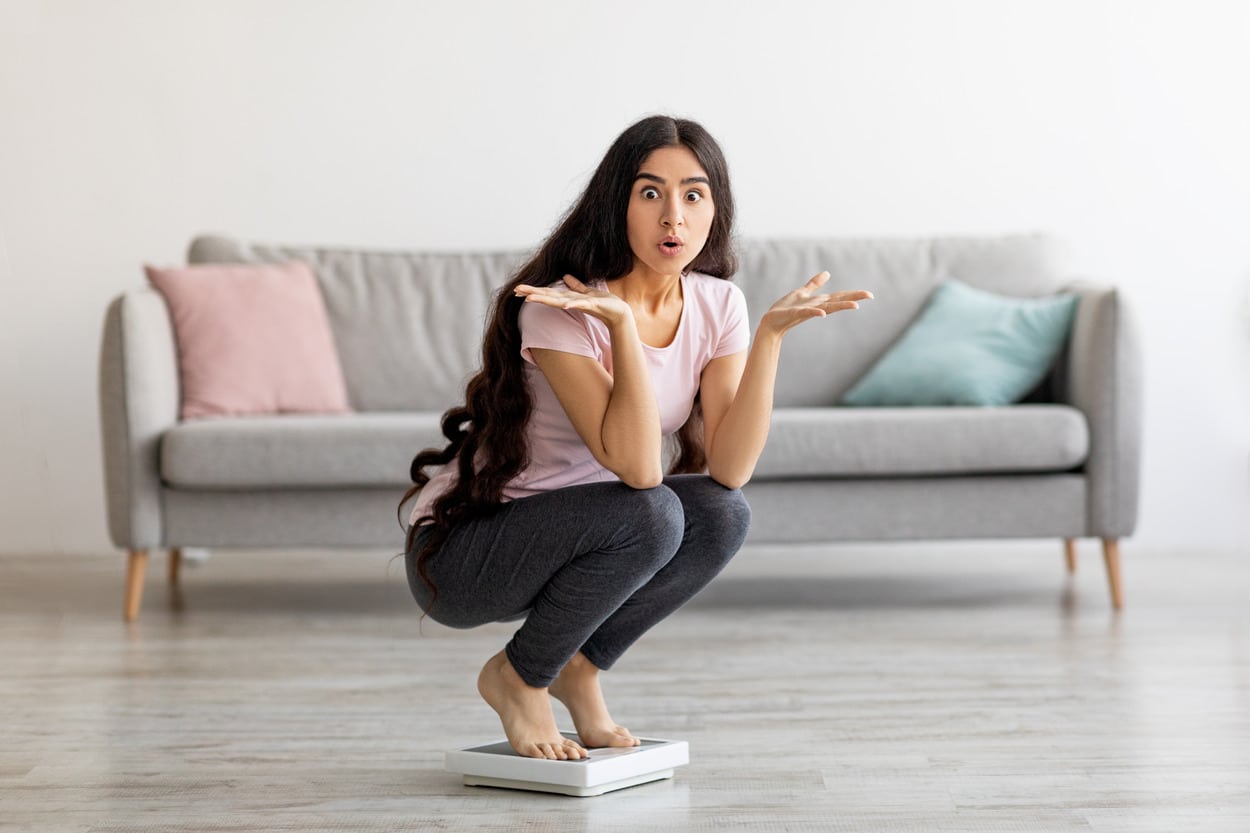Introduction
Don’t get a Pixel 7 – pick the 7a instead. That more or less summarized our thoughts from our initial encounter with Google’s latest a-series smartphone, and we’re here now with the full review to establish how correct that early assessment was.
It’s a pretty natural conclusion that anyone can arrive at, really, even by simply looking at the specsheet – and, simultaneously, at the pricelist. The 7a gets closer to the ‘high-end’ models than any previous offering with an ‘a’ in its name, and comes in at a not-insignificant $100/€100 less (or thereabout, depending on who you ask and at what time) – what’s not to like? But let’s not put the verdict before the review.
The 7a improves on some key areas that held the 6a back. Perhaps most importantly, you now get a 90Hz display in place of the old model’s dated 60Hz unit. Yes, the bulk of the competition is at 120Hz already, but the jump from 60 to 90 is the most noticeable from a usability perspective, so maybe we can give the 7a a pass.
The camera system gets a boost too. A new 64MP Quad Bayer main unit replaces the basic 12.2MP one of the 6a – those are more pixels than you’d get with a Pixel 7 (50MP), even though it’s a smaller sensor. Similarly, the 13MP ultrawide is also higher-res (if only just) than the one on the 6a and the 7, albeit with a smaller sensor. There’s no AF on this one, but then it’s only the 7 Pro that has an autofocusing ultrawide, so the 7a doesn’t really lose points here against the 7. The selfie camera is another 13MP affair, that one too being nominally superior to its brethren’s setups.
A noteworthy addition to the a-series feature set is wireless charging. You may scoff at the 7.5W throughput, but you’re unlikely to be in a hurry when sleeping. And it’s not like Pixels are known for fast charging to begin with.
![]()
You get the same Tensor G2 chipset on the 7a that the 7 comes with. While it’s somewhat underpowered compared to other high-end SoCs that the 7 is fighting against, it looks a lot better in the 7a’s context.
Battery capacity is essentially the same between the two models, and the 7a may eke out a few extra minutes of battery life thanks to its slightly smaller display and lower max refresh rate – we’ll see in due time if less ends up being more in this respect.
Less is less in the 7a’s IP rating, but the IP67 should be as good as the 7’s IP68 for that one-time accidental bathroom dunk. The lack of a storage option other than 128GB isn’t as easy to dismiss, though – maybe the 256GB version remains the key thing the 7 has going for it in this head-to-head.
Google Pixel 7a specs at a glance:
- Body: 152.0×72.9×9.0mm, 194g; Glass front (Gorilla Glass 3), aluminum frame, plastic back; IP67 dust/water resistant (up to 1m for 30 min).
- Display: 6.1″ OLED, HDR, 90Hz, 1080x2400px resolution, 20:9 aspect ratio, 429ppi; Always-on display.
- Chipset: Google Tensor G2 (5 nm): Octa-core (2×2.85 GHz Cortex-X1 & 2×2.35 GHz Cortex-A78 & 4×1.80 GHz Cortex-A55); Mali-G710 MP7.
- Memory: 128GB 8GB RAM; UFS 3.1.
- OS/Software: Android 13.
- Rear camera: Wide (main): 64 MP, f/1.9, 26mm, 1/1.73″, 0.8µm, Dual Pixel PDAF, OIS; Ultra wide angle: 13 MP, f/2.2, 120˚, 1.12µm.
- Front camera: 13 MP, f/2.2, 20mm (ultrawide), 1.12µm.
- Video capture: Rear camera: 4K@30/60fps, 1080p@30/60/120/240fps, OIS; Front camera: 4K@30fps, 1080p@30fps.
- Battery: 4385mAh; 18W wired, PD3.0, 7.5W wireless.
- Connectivity: 5G; eSIM; Wi-Fi 6e; BT 5.3; NFC.
- Misc: Fingerprint reader (under display, optical); stereo speakers.
Google Pixel 7a unboxing
We’ve come to expect minimal bundles from certain companies, and Google is one of them. It’s no surprise then, that the Pixel 7a ships in a box that’s barely larger than the handset itself. The two-piece white cardboard package has a likeness of the phone on lid, color-matched to the actual unit inside.
![]()
The contents include a USB-C cable and USB-C male to USB-A female adapter – standard Google stuff. There’s no charger inside, but on some markets you may get Google’s 30W adapter (in its own separate retail packaging) included in the price – that was the case with our German review unit. We did get ours from a third-party retailer, as opposed to the Google online store, and not all retailers appear to be running the same promo. Chances are you’ll be needing to come up with your own charger, is what we’re saying.
![]()
Now, while the charger situation is not exclusive to the Pixel 7a, a lot of competitors in the segment do come with adapters in the box. A bundled protective case is also not unheard of. Perhaps a value-oriented consumer like the ones eyeing a 7a would appreciate getting a bit more for their money.




















Discussion about this post